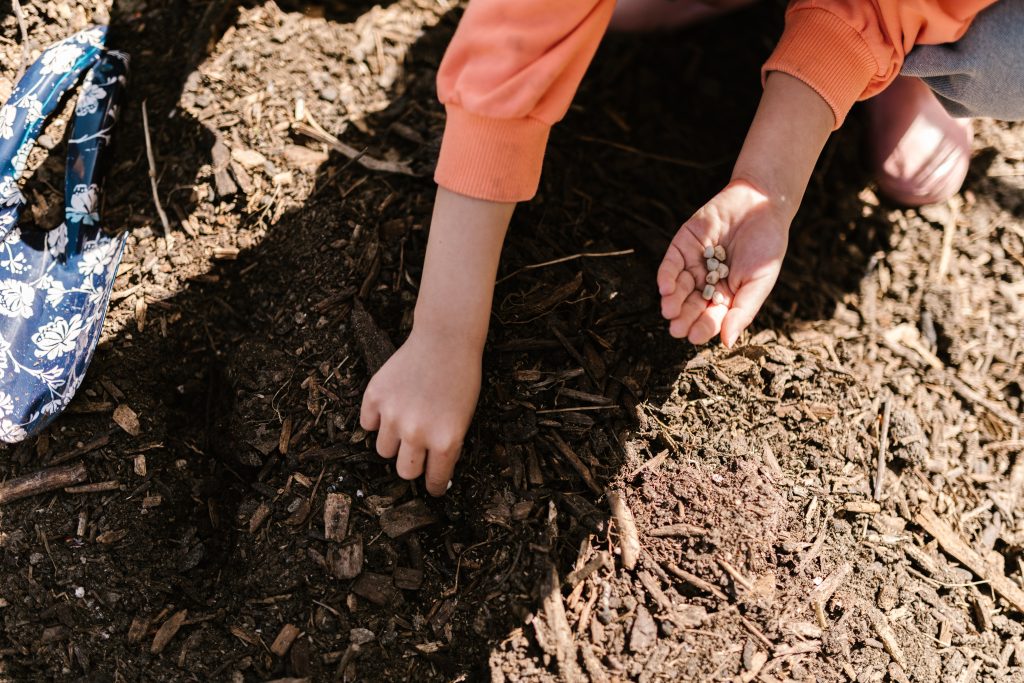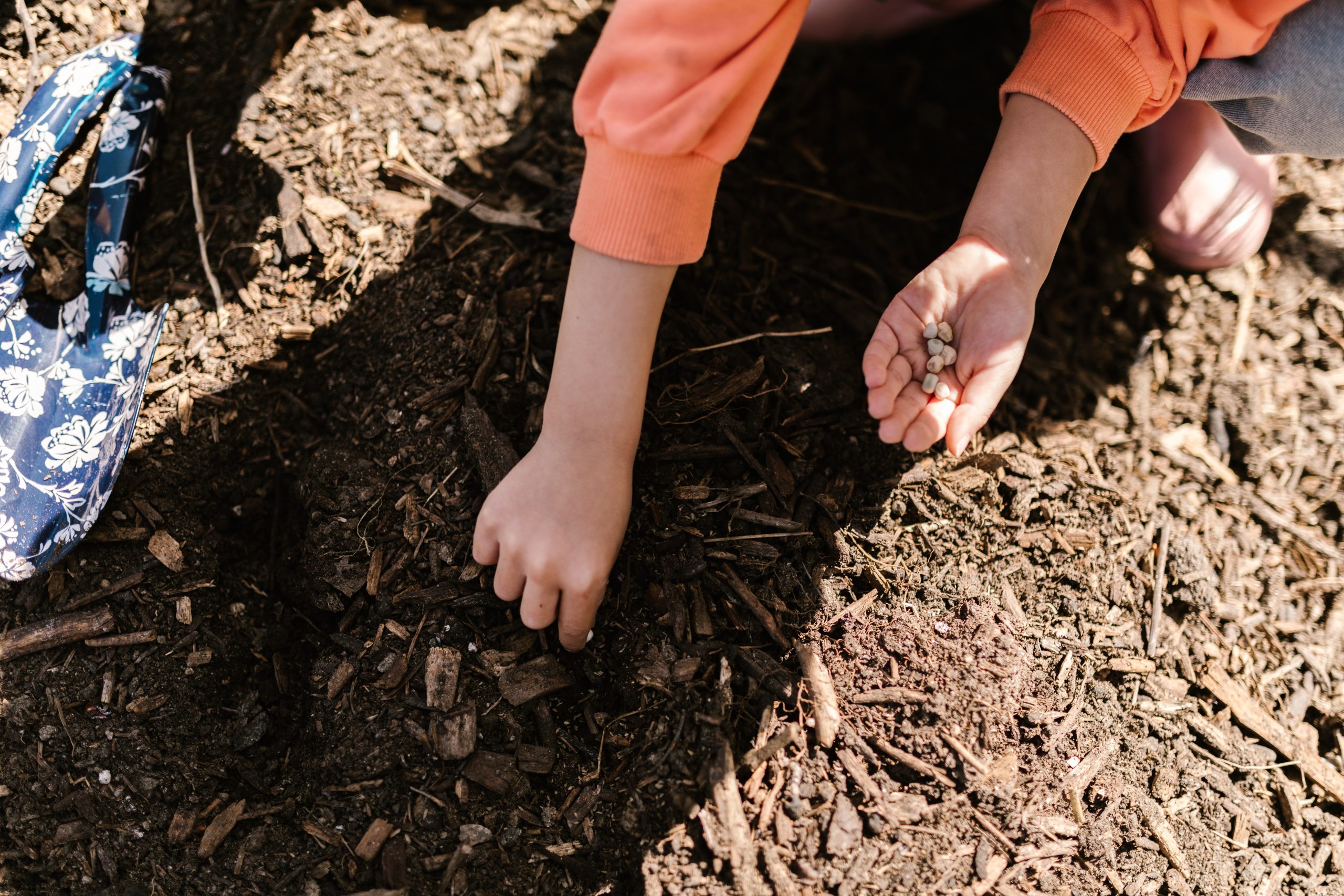
In an ever-changing world, the integration of permaculture principles in education offers a transformative approach to cultivating sustainable minds. By fostering an understanding of permaculture ethics and practices, students can become active participants in creating a more sustainable and resilient future. In this blog post, we will explore how permaculture can be integrated into education, inspiring both educators and learners to embrace sustainable living and make a positive impact on our planet.
Introduction to Permaculture in Education
- Highlight the importance of incorporating permaculture in educational settings.
- Explain how permaculture aligns with the goals of sustainability, ecological stewardship, and experiential learning.
- Mention the keywords naturally in the context of permaculture in education.
The Benefits of Permaculture in Education
- Discuss the positive impacts of integrating permaculture in education, such as fostering environmental awareness, promoting critical thinking, and enhancing problem-solving skills.
- Emphasize the potential for interdisciplinary learning and the connection between permaculture and various subjects, including science, geography, mathematics, and art.
- Incorporate keywords like sustainable life, sustainable mind, and permaculture education naturally throughout the section.
Permaculture Practices for Educational Settings
- Provide practical examples of how permaculture practices can be implemented in educational settings, such as creating school gardens, designing permaculture-based curricula, and incorporating hands-on learning experiences.
- Highlight the keywords permaculture in education and sustainable life in the context of applying permaculture principles.
Case Studies of Permaculture in Education
- Showcase inspiring case studies of schools or educational institutions that have successfully integrated permaculture principles into their curriculum and campus design.
- Highlight the positive outcomes and transformative experiences of students and educators involved in these initiatives.
- Use keywords like permaculture education, agriculture, and sustainable mind naturally throughout this section.
Engaging Students in Permaculture: Interactive Activities and Projects
- Provide interactive and engaging activities that can be implemented to involve students actively in permaculture learning, such as designing mini-gardens, organizing permaculture workshops, or initiating sustainability projects within the school community.
- Encourage hands-on experiences and critical thinking to reinforce the concepts of permaculture.
- Include relevant keywords like sustainable life, permaculture education, and permaculture naturally throughout this section.
Wrap up the blog post by emphasizing the significance of integrating permaculture in education to foster sustainable minds. Encourage educators, students, and parents to explore the possibilities of incorporating permaculture principles in their learning journey. Highlight the importance of taking small steps towards a sustainable future and the positive impact individuals can make by embracing permaculture ethics in their daily lives.


